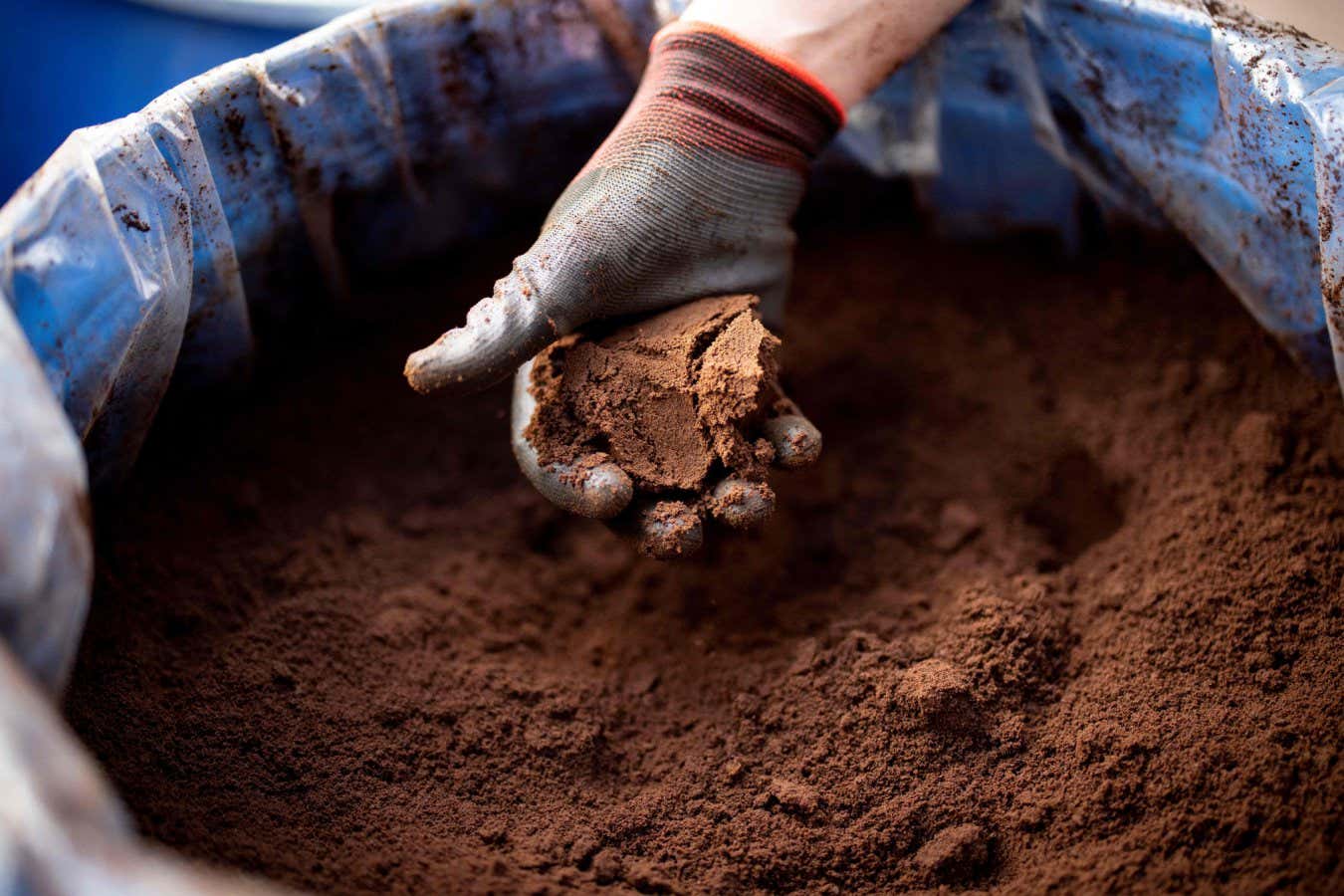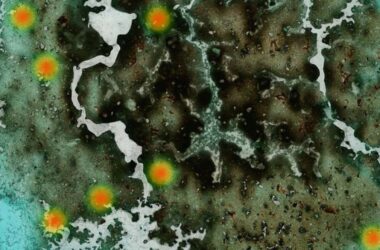Researchers from RMIT University in Melbourne, Australia, have discovered that incorporating recycled coffee grounds can make concrete 29% stronger. Each year, approximately 18 million tonnes of spent coffee grounds are generated globally, with the majority ending up in landfills. However, the decomposition of coffee grounds in landfills releases methane, a greenhouse gas that is 21 times more potent than carbon dioxide in terms of global warming.
To address this issue, the researchers collected used coffee grounds from local cafes and explored the possibility of using them as a replacement for sand in concrete. Initially, the unmodified coffee grounds weakened the concrete when they were substituted for sand. However, when the researchers heated the coffee grounds in a furnace without oxygen at a temperature of 350°C for 2 hours, they transformed into a charcoal-like substance called biochar.
By replacing 15% of the sand with biochar, the researchers observed that the resulting concrete blocks were 29% stronger than conventional ones. According to Rajeev Roychand, one of the researchers, this improvement in strength may be attributed to the porous structure of biochar, which helps in trapping moisture. This, in turn, prevents the concrete from drying out and developing micro-cracks that could weaken its structure.
Moving forward, the team aims to collaborate with councils and industry groups to conduct field trials of their coffee biochar-enhanced concrete. Several councils facing challenges in disposing of organic waste have expressed interest in this research. By finding new applications for used coffee grounds and preventing their accumulation in landfills, it is possible to mitigate the emission of methane and reduce the environmental impact associated with their disposal.
Insights:
– The decomposition of coffee grounds in landfills releases methane, a potent greenhouse gas.
– By using coffee grounds as a replacement for sand in concrete and transforming them into biochar, the resulting concrete blocks become stronger.
– Biochar has a porous structure that can trap moisture, preventing the concrete from drying out and developing micro-cracks.
– Collaboration with councils and industry groups is essential for conducting field trials of coffee biochar-enhanced concrete.








